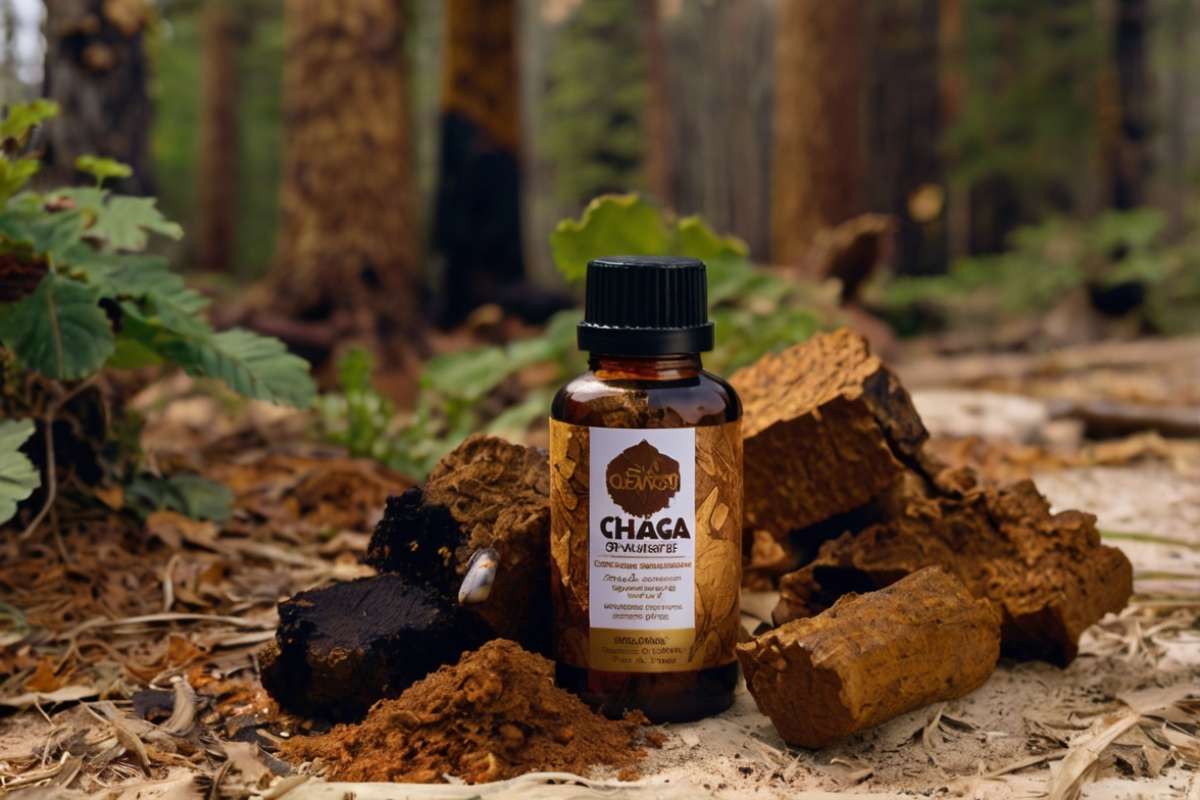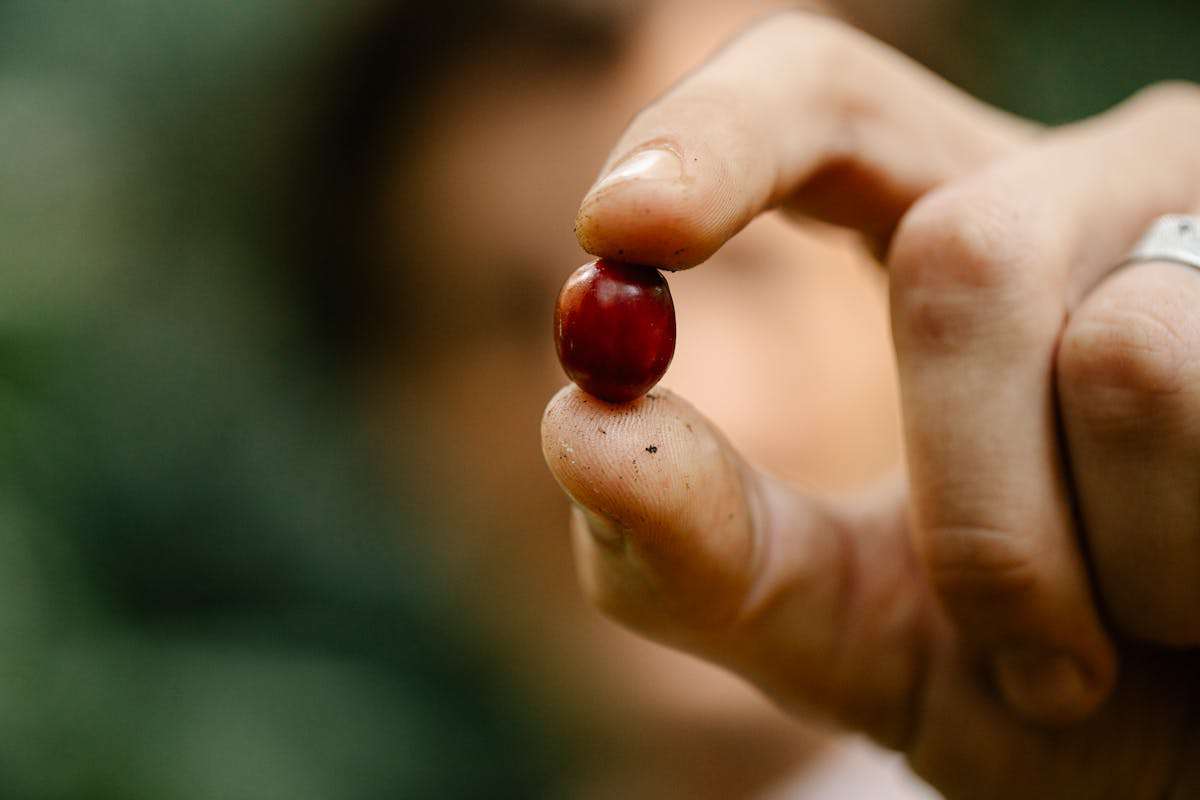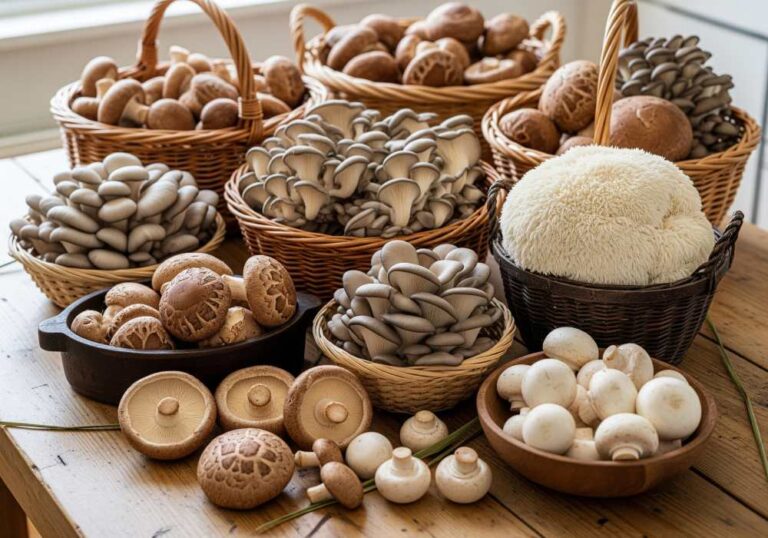For many, coffee is the ultimate morning ritual—a rich, bold, and energizing cup that kickstarts the day. But for some, this beloved beverage comes with a downside: acidity. That sharp, tangy bite in coffee isn’t just a flavor note; it’s a result of organic acids that can trigger acid reflux, digestive discomfort, and even enamel erosion over time.
If you’ve ever felt heartburn after drinking coffee or noticed stomach sensitivity, you’re not alone. Traditional coffee has a high pH level, making it acidic enough to irritate some people’s digestive systems. While many turn to low-acid coffee brands, there’s another alternative gaining attention—mushroom coffee.
You’re here because you want to know if it actually works. And I’m here to tell you, it’s absolutely worth exploring. Let’s dive in and see if this can change your coffee experience.
What Makes Regular Coffee Acidic?
Coffee’s bold flavor and energizing effect come from more than just caffeine. One key factor is its acidity. But what exactly makes regular coffee acidic?

The Natural Acids in Coffee Beans
Coffee beans contain organic acids like chlorogenic acid, citric acid, and malic acid. These compounds give coffee its bright, slightly tangy taste. However, they also contribute to stomach discomfort for some people.
How Roasting Affects Acidity
The longer coffee beans are roasted, the more their acidity changes. Light roasts tend to have higher acidity, while dark roasts are lower in acid but stronger in bitterness. Despite this, even dark-roasted coffee still has enough acidity to cause digestive issues in sensitive individuals.

Brewing Methods and Acidity Levels
How you brew your coffee also impacts acidity. For example, cold-brewed coffee is known to have lower acidity than hot-brewed coffee. Brewing time, temperature, and grind size all play a role in how much acid is extracted.
For some, this natural acidity is part of what makes coffee enjoyable. But for those with acid reflux, sensitive stomachs, or dental concerns, it can be a problem. That’s where mushroom coffee comes in.
Mushroom Story: From Forest Floor to Your Cup
For thousands of years, specific mushrooms have been integral to human health. Cultures across Asia, particularly in traditional Chinese medicine, used mushrooms like Reishi, Chaga, and Cordyceps for their medicinal properties. These weren’t just food; they were tools for wellness.

These mushrooms contain unique compounds: beta-glucans, triterpenes, and antioxidants. These compounds are the reason for their effectiveness, supporting functions like immune response, cognitive health, and energy levels. Ancient healers observed these benefits and decided to add mushrooms into their practices.
The modern era has seen a resurgence of interest in mushrooms. Scientific research has validated many of their traditional uses, identifying the specific compounds that contribute to their effects. This research has fueled a renewed appreciation for these mushrooms.
Now, we see them in coffee. This isn’t a random pairing. The idea is to combine the familiar ritual of coffee with the proven benefits of these mushrooms. Someone realized that blending mushroom extracts with coffee could offer a convenient way to access their properties. It’s a direct application of ancient knowledge to a modern lifestyle.
Is Mushroom Coffee Truly Less Acidic? (Backed by Evidence)
Many brands claim mushroom coffee is less acidic, but is there real science behind it?
Let’s break it down.
Mushrooms’ Natural Alkalizing Effect
Certain mushrooms, like Chaga and Reishi, contain bioactive compounds that help balance pH levels in the body. Chaga, in particular, is known for its alkalizing properties, which may help neutralize some of coffee’s acidity.
Comparing pH Levels: Mushroom Coffee vs. Regular Coffee
While standard coffee has a pH of around 4.5 to 5.0, mushroom coffee blends are closer to 5.5 to 6.5, depending on the brand and formulation. While this isn’t entirely neutral, it is
significantly less acidic than traditional coffee.
Scientific Insights on Mushroom Coffee’s Acidity
Research on Cordyceps coffee has shown that it contains compounds like β-glucans and cordycepin, which contribute to a smoother digestion process. These functional compounds don’t just lower acidity; they also provide additional health benefits like immune support and sustained energy.
So, is mushroom coffee truly less acidic? Yes—not only does it have a slightly higher pH than regular coffee, but it’s added functional mushrooms can also help counteract acidity-related issues, making it a gentler choice for those with sensitive stomachs.
Effects of High Acidity on the Body
For many people, the acidity in coffee can lead to unwanted side effects. Common issues include:
- Acid Reflux
- Heartburn
- Stomach Irritation

Over time, this can make it difficult to enjoy coffee without experiencing discomfort.
The acid can also wear down tooth enamel, leading to dental concerns. This is why some coffee lovers seek out less acidic options that are easier on their bodies.
Are Mushrooms Alkaline or Just Less Acidic?
Some say mushroom coffee is alkaline, but is that really true? Let’s clear up the confusion.
Mushrooms themselves are not fully alkaline. Their pH varies depending on the type.
Chaga, for example, has a near-neutral pH, which means it’s not acidic like coffee. Reishi and Lion’s Mane also lean toward the neutral side. However, when combined with coffee, the overall acidity still exists, just at a lower level.
What mushroom coffee does best is balance the acidity. Studies on Chaga and Cordyceps show they contain alkaline-forming compounds, which can help counteract the acidic effects of coffee in the body. So, while it’s not completely alkaline, it’s definitely less acidic than regular coffee—a big win for those with sensitive stomachs.
Health Benefits Beyond Acidity Control
Mushroom coffee isn’t just about lowering acidity; it also brings other perks.
Better Digestion – The β-glucans in mushrooms support gut health and reduce inflammation, making it easier on the stomach.

Beyond digestive issues, high acidity can also contribute to teeth staining, a concern for many coffee drinkers.
Stronger Immune System – Compounds in Reishi, Cordyceps, and Chaga help the body fight off infections and stress.
Smoother Energy Boost – Unlike regular coffee, mushroom coffee provides caffeine without the jitters. Cordyceps, in particular, supports natural energy production instead of spiking adrenaline.
The smoother energy boost is very important for people who drink coffee at night.
Supports Brain Function – Lion’s Mane mushrooms are known for enhancing focus and memory.

So, if you’re switching to mushroom coffee for less acidity, you’re also getting a cup filled with functional benefits.
Who Should (and Shouldn’t) Drink Mushroom Coffee?
Mushroom coffee sounds great, but is it for everyone?
Best for:
- People with acid reflux or sensitive stomachs.
- Those looking for a gentler caffeine boost without crashes.
- Anyone interested in additional health benefits like immunity and brain support.
Who should be cautious:
- People with mushroom allergies—Reishi, Chaga, and Lion’s Mane might trigger reactions.
- Those with autoimmune conditions—some medicinal mushrooms stimulate the immune system, which could interfere with treatment.
- Pregnant and breastfeeding women—it’s best to consult a doctor, as there’s limited research on mushroom coffee in these cases.
For most people, mushroom coffee is a great alternative. Still, it’s important to know your body’s needs before making the switch.
The Best Low-Acid Mushroom Coffee Brands to Try
Not all mushroom coffees are the same. Some are better at keeping acidity low while still tasting great.
Here’s what to look for:
Organic mushrooms – Avoid blends with artificial additives or fillers.
Low-acid coffee beans – Some brands mix mushrooms with naturally low-acid beans for a smoother taste.

Third-party tested – A good brand will test for purity and potency.
Popular Choices:
- Ryze Mushroom Coffee – A well-balanced blend with Cordyceps and Lion’s Mane.
- Four Sigmatic Mushroom Coffee – Uses organic Chaga and Lion’s Mane, known for their functional benefits.
- MUD\WTR – A coffee alternative with minimal caffeine and strong adaptogenic properties.
Choosing the right brand makes all the difference if you want a coffee that’s easier on your stomach.
Tips to Reduce Coffee Acidity Without Switching to Mushroom Coffee
Not ready to give up regular coffee? No problem. There are ways to lower its acidity without making the full switch to mushroom coffee.
Choose Dark Roasts – Light roasts have more acid, while dark roasts break down acidic compounds during roasting. A French roast or espresso blend will be gentler on your stomach.
Brew at a Lower Temperature – High heat extracts more acid from coffee grounds. Cold brew, for example, has up to 70% less acidity than hot coffee.
Use Alkaline Water – Brewing with alkaline or mineral water can help balance the pH and reduce acidity.

Add a Neutralizer – A pinch of baking soda or a splash of plant-based milk (like almond or oat milk) can soften the acidity without affecting flavor.
Opt for Low-Acid Coffee Beans – Some brands, like Lifeboost and Puroast, process their beans to retain flavor while reducing acid levels.
If you are fasting and still want to drink coffee, these ways can reduce the acidity of normal coffee.
Final Thoughts: Is Mushroom Coffee Worth Trying?
If acidity has been a dealbreaker for your coffee habit, mushroom coffee is worth a try.
It’s smoother, less irritating to the stomach, and packed with functional benefits. Plus, with options like Cordyceps for energy, Lion’s Mane for focus, and Chaga for immune support, it does more than just replace your morning brew—it upgrades it.








